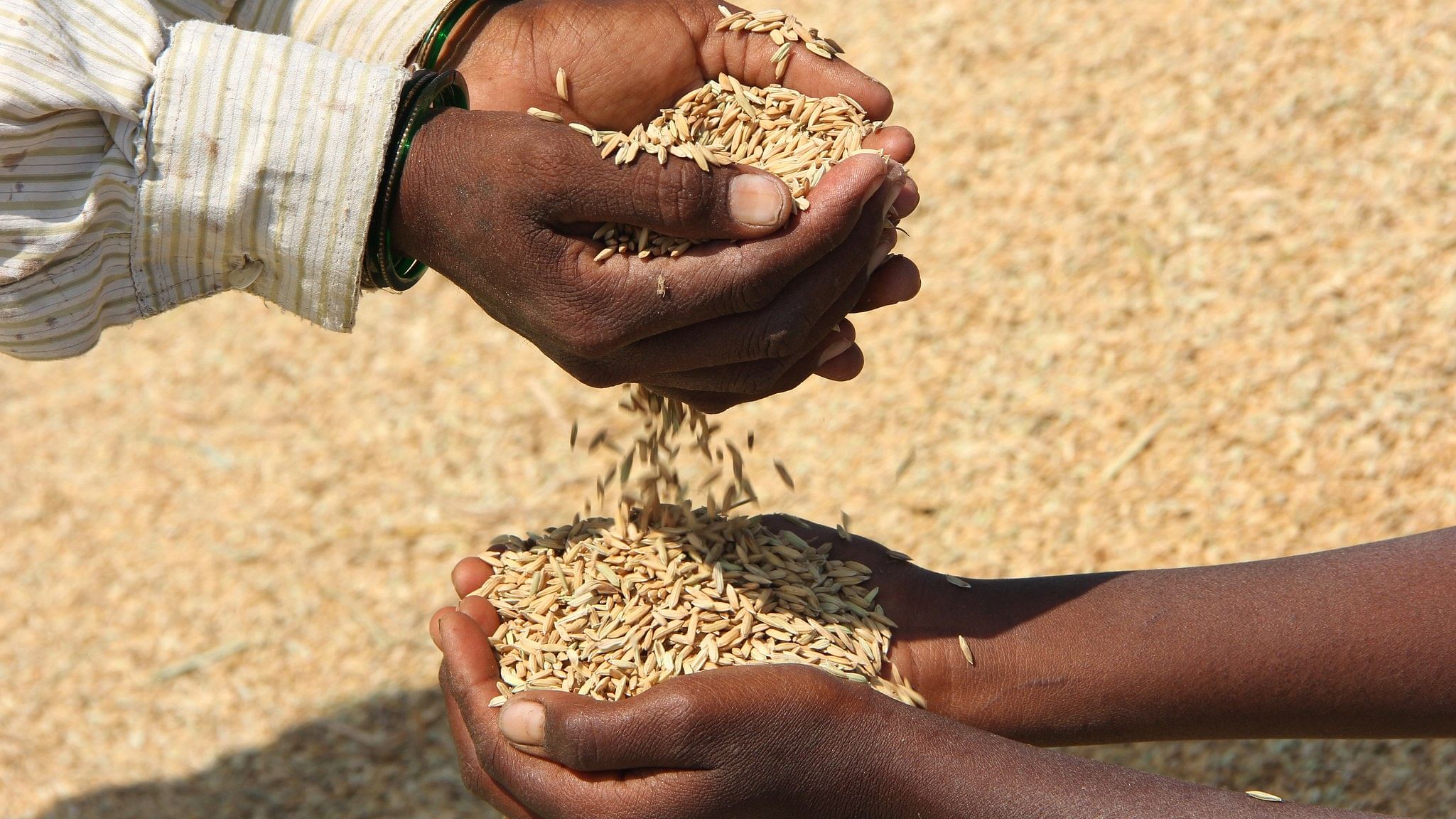
The International Food Policy Research Institute (IFPRI)’s recently released Global Food Policy Report 2022 -- Climate Change and Food Systems presents a bleak picture of the production, consumption and availability of food in India in the coming years. The report mainly focuses on the impact of climate change and presents data based on research which should guide policy at government and other levels. The report says that food production in the country may decline by 16% by 2030 and the number of people at risk of hunger may increase by 23%. India and other countries in South Asia will face the worst impact of climate change on agriculture and related areas. The consequences of climate change, such as the rise in sea levels, groundwater depletion, and extreme weather events are already being experienced and they will get more acute in the coming years. The average temperature across India is projected to rise between 2.4 degrees Celsius and 4.4 degrees Celsius by 2100 and that will play havoc with food systems and other sectors.
The report says that ways to deal with these challenges are complex and should consist of actions at the national, regional and global levels. Within the country, there is the need to formulate policies and implement them from the top to the local levels. The report says that solutions should include “scaling up climate-smart technologies, crop diversification, and elimination of policy incentives that encourage unsustainable use of water, fossil fuels, fertilisers and land resources”. The report shows, with the help of data from 1967 to 2016, that the rise in temperatures depresses land productivity. It has also noted that rain-fed areas will suffer more loss of yield than others. The report estimates that South Asia will need three times its current food reserves to face the challenge of climate change.
The year 2030 is just eight years away. If we don’t implement any mitigation plans by then, the situation will only get worse after that. Apart from the policies proposed by the IFPRI, proposals have been made by other bodies and experts. Some have proposed reforms in land-holding patterns and changes in marketing policies. Others have proposed changes in consumption patterns and lifestyles. Only comprehensive agricultural and horticultural strategies which will vary for different climatic and geographical regions will help to tackle the situation. That does not seem to be on the agenda of any government or political party. It should be noted that the discussion is not about ways to counter climate change, but about how to best deal with its impact. It is doubtful if even adequate research and studies are being done on the challenges and ways to cope with it.